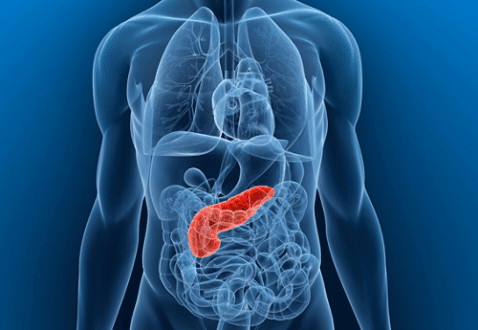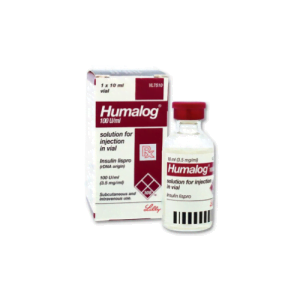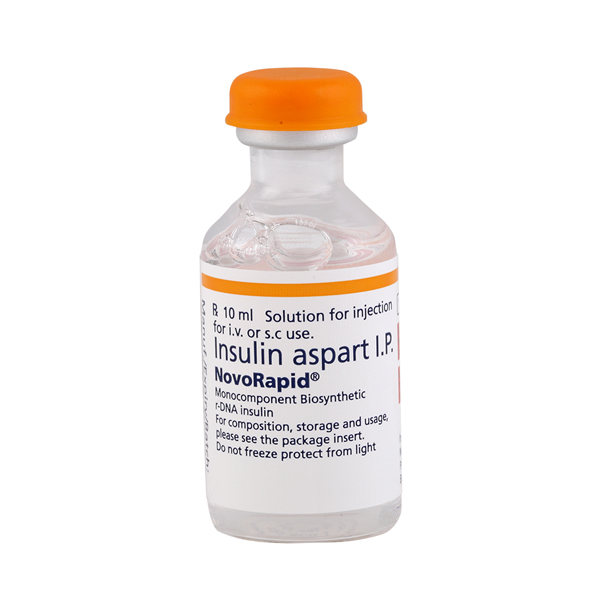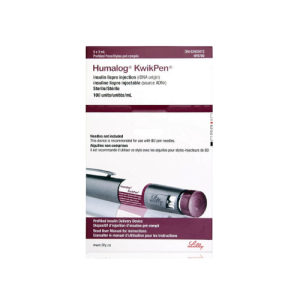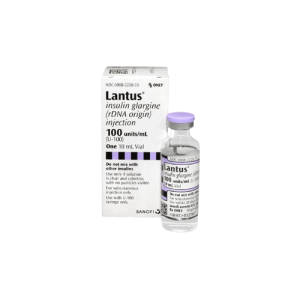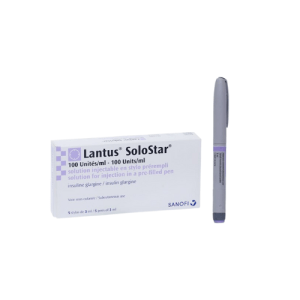The pancreas is an important organ in the body, which plays a vital role in the process of digestion. This organ produces hormones and enzymes that help to digest the food that we eat. When we eat carbohydrate foods, glucose is absorbed from the food into the bloodstream. Glucose is a form of sugar, which is one of the greatest sources of fuel. Our body cells require glucose so that they can function properly. However, for glucose to be used by muscle and fat cells for energy, it requires the help of insulin. Insulin is a hormone produced by the organ pancreas, which helps to control the level of blood sugar in the body. Without insulin, glucose is unable to enter the body cells. Hence, they stay in the bloodstream. A build up of glucose in the bloodstream can lead to a condition known as hyperglycemia. Hyperglycemia occurs when your blood sugar level is extremely high and if it left untreated, it can become life threatening.
What is pancreatitis?
Pancreatitis refers to the inflammation of the pancreas. The risk of pancreatitis increases when you have gall stones, drink alcohol, or you use certain diabetes meds. There are 2 types of pancreatitis, acute and chronic pancreatitis. Acute pancreatitis occurs when your pancreas is suddenly inflamed and only lasts for a few days. Chronic pancreatitis is when inflammation of the pancreas happens in the long term, usually after many years. If pancreatitis is mild, it can disappear on its own. However, if it is chronic, it can become life threatening.
If you have acute pancreatitis, symptoms include:
- Nausea
- Rapid pulse
- Upper abdominal pain
- Vomiting
- Tenderness in the abdomen
- Fever
For chronic pancreatitis, you may experience symptoms such as
- loss of weight
- smelly and oily stool
- upper abdominal pain
Can pancreatitis cause diabetes?
There is a relationship between diabetes and the pancreas because the condition is as a result of the pancreas not working normally. In type 1 diabetes, the pancreas produces little or no insulin because the beta cells are being mistakenly attacked by the immune system. It is not yet known what causes the immune system to respond in this manner. However, it is believed that environmental and genetic factors could be the reason for this response. On the other hand, type 2 diabetes occurs when the pancreas does not make enough insulin that is required by the body. Type 2 diabetes can also be caused by insulin resistance, that is, the body does not properly use the insulin it already makes. Insulin resistance can be caused by different factors, including obesity and lack of physical activity.
Can diabetes cause pancreatitis?
It is well known that pancreatitis can cause diabetes by affecting the level of insulin that is produced by the pancreas. However, the big question is whether diabetes can cause pancreatitis. Studies show that if you have had diabetes for more than 5 years, you have a higher risk of getting pancreatitis. According to research, type 2 diabetes increases your risk of developing acute pancreatitis significantly. In patients with both pancreatitis and type 2 diabetes, it can be hard to tell if either condition is caused by the other. Type 2 diabetes and pancreatitis have the same risk factors including obesity, old age, lack of physical activity, and unhealthy diet. However, if you are diagnosed with type 2 diabetes, it doesn’t necessarily mean you will have pancreatitis, or vice versa. Making lifestyle changes is important if you want to lower your risk of having pancreatitis and diabetes. This may include exercising regularly, having a healthy diet, avoiding alcohol, managing your weight through a weight loss program and following your doctor’s treatment plan carefully.
Disclaimer: Please note that the contents of this community article are strictly for informational purposes and should not be considered as medical advice. This article, and other community articles, are not written or reviewed for medical validity by Canadian Insulin or its staff. All views and opinions expressed by the contributing authors are not endorsed by Canadian Insulin. Always consult a medical professional for medical advice, diagnosis, and treatment.


